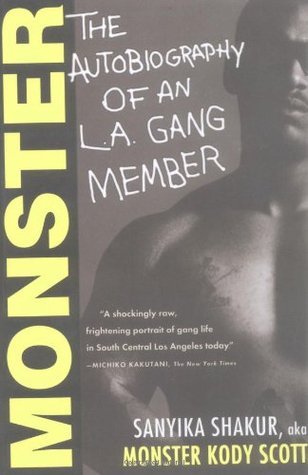
Assata: An Autobiography
Book Description
A relentless journey through the turbulent waters of activism, 'Assata: An Autobiography' unveils the fierce spirit of a woman who defied the odds. With every page, the gripping tale of Assata Shakur unfolds, revealing a clash between rebellion and repression, love and betrayal, freedom and confinement. As she navigates the dangers of a racially charged America, her life reflects a profound struggle for justice and identity. Each chapter pulls you deeper into the chaos of her reality, leaving you questioning the very essence of freedom. What price will one pay for their truth in a world designed to silence them?
Quick Book Summary
"Assata: An Autobiography" is the powerful and unflinching account of Assata Shakur, a former Black Panther and a key member of the Black Liberation Army. Shakur recounts her life from childhood in the segregated South to her experiences as a militant activist targeted by law enforcement. She interweaves vivid recollections of family, racism, personal growth, and moments of solidarity with the crushing realities of state oppression. The memoir explores her quest for identity, justice, and liberation, culminating in her conviction and escape from prison. Through raw, poetic prose, Shakur exposes the intersections of race, gender, and state violence, inviting readers to question prevailing narratives about revolution, crime, and freedom.
Summary of Key Ideas
Table of Contents
Systemic Racism and State Violence
Assata Shakur’s autobiography opens a window into life under systemic oppression. She reflects on her childhood, moving between the South and New York, exposing the deep-seated racism she experienced from an early age. The trauma and inequality she witnesses inform her worldview, planting seeds that later bloom into activism. Family and early friendships offer moments of warmth, but the persistent shadow of discrimination shapes her understanding of society and justice. Her recollections highlight the impact of institutional racism on Black families and communities, driving her to seek ways to resist and survive.
Personal and Political Identity Formation
The memoir delves into Shakur’s awakening as a political being. Her education and exposure to Black history and activism galvanize her commitment to social change. The influence of organizations such as the Black Panther Party and later the Black Liberation Army is profound, leading her to embrace both community programs and armed resistance. This journey is fraught with internal and external conflicts, including disagreements within movements and the personal sacrifices demanded by struggle. Shakur navigates questions of loyalty, leadership, and the intersection between personal identity and collective responsibility.
The Role of Women in Revolutionary Movements
Women play a vital, though often underappreciated, role in the revolutionary movements chronicled in Shakur’s life. The memoir details her experiences as a woman confronting sexism both within activist circles and in broader society. She candidly recounts how gender influenced her leadership and relationships, shedding light on the dual burdens faced by Black women activists. Her narrative reveals both solidarity and tension with male comrades, underscoring the complexity of fighting for racial justice while challenging patriarchal structures.
Resilience Through Community and Solidarity
As Shakur becomes a target for state surveillance and prosecution, the violence of the American legal system comes to the forefront. She describes her arrests, trials, and time in prison with searing detail, illuminating the procedural injustices, isolation, and abuse she endured. These chapters critique the criminal justice system’s role as an instrument of political repression, particularly against Black radicals. The support she receives from friends, family, and grassroots activists demonstrates the power of collective resilience in the face of adversity.
Freedom, Incarceration, and Escape
The autobiography culminates in Shakur’s dramatic escape from incarceration and her continued fight for freedom. Her reflections question the true meaning of justice, freedom, and security in a society built on inequality. She critiques the narratives used to justify her imprisonment and the broader criminalization of dissent. Through her story, Shakur compels readers to reconsider the line between criminality and resistance, ultimately framing her search for liberation as an ongoing, communal endeavor shaped by love, sacrifice, and defiance.
Download This Summary
Get a free PDF of this summary instantly — no email required.





